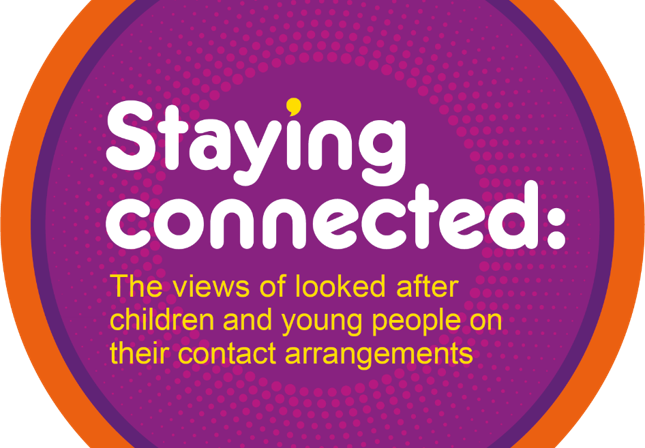St Helens have set up a monthly ‘Voice of the Child Champions’ group made up of representatives from each Children’s Social Care team. They did not stipulate who that representative should be, other than someone who was passionate about what they term the ‘Voice of the Child’.
Why?
St. Helens wanted to take their challenge and support on ‘voice of the child’ to the next level and increase the number of people in the authority ‘championing’ this vital priority and raising its profile. Having delivered training and shared resources previously, it had not had the level of impact the authority wanted.
They had expected there would be evidence of direct work on ‘voice of the child’ on their children’s electronic records: but whilst they could see evidence that workers understood the concept and why it needed to be done, this did not translate into the child’s voice being recorded on the system.
What did they do?
St Helens have set up a ‘Voice of the Child Champions’ group made up of representatives from each Children’s Social Care team. They did not stipulate
who that representative should be, other than someone who was passionate
about the ‘Voice of the Child’. It could be an administrator, social worker,
advanced practitioner, manager etc.
The group meets monthly to challenge and support practice across the Department. Its purpose is to:
-
- Support and challenge practice on ‘Voice of the Child’
- Develop consistent, evidenced best practice
- Collaborate to identify practice issues and on finding solutions
- Be a conduit for information/best practice sharing
- Consult wider with each team
- Debate practice issues
- Identify good practice in-house and seek examples of best practice from research and other areas
- Ensure that any new developments apply the perspective of our children
and young people
They also plan to make this development multi-agency, linking through their Safeguarding Partnership.
Impact
The authority have been able to raise the profile of Voice of the Child and as a result have developed a summary process of ‘Plan, Do, Record, Reflect’, and a framework for quality. The group has generated challenging debate on elements of practice (including observing babies and engaging with children who are non-verbal).
As a result, they are also creating case studies, based on the unique needs of
children, written by specialists across the Department e.g. Educational Psychologists, Language and Social Communication, Children with a Disability.





